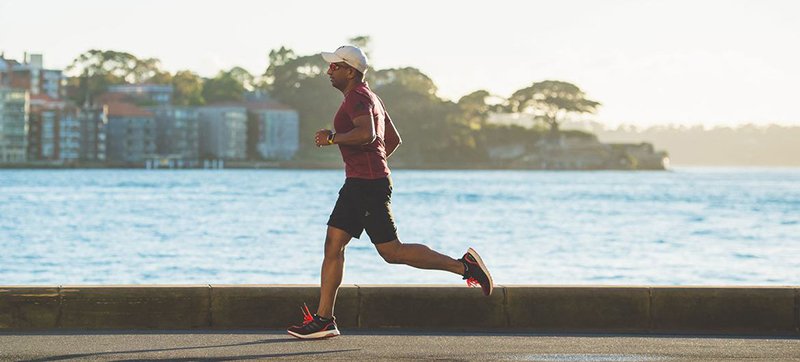 Health-Exercise-Fitness
Health-Exercise-Fitness
Time to get off the couch, WHO warns, as 500 million risk developing chronic illness
New York: Almost 500 million people will develop heart disease, obesity, diabetes or other noncommunicable diseases (NCDs) attributable to physical inactivity, between 2020 and 2030, if governments worldwide don’t take urgent action to promote the benefits of exercise, the World Health Organization (WHO) warned on Wednesday.
And the price of inaction and staying on the couch, will be severe, WHO said – around $27 billion every year in extra healthcare costs.
The Global status report on physical activity 2022, measures the extent to which governments are implementing recommendations to increase physical activity across all ages and abilities.
Data from 194 countries show that overall, progress is slow and that countries need to accelerate the development and implementation of policies to increase heart rates and help prevent disease and reduce the burden on already overwhelmed health services.
Time to take a walk: Tedros
"We need more countries to scale up implementation of policies to support people to be more active through walking, cycling, sport, and other physical activity”, said Tedros Adhanom Ghebreyesus, WHO Director-General.
“The benefits are huge, not only for the physical and mental health of individuals, but also for societies, environments, and economies…We hope countries and partners will use this report to build more active, healthier, and fairer societies for all.”
The economic burden of taking it too easy is significant, says the WHO report, and the cost of treating new cases of preventable non-communicable diseases (NCDs) will reach nearly $300 billion by 2030.
Whilst national policies to tackle NCDs and physical inactivity have increased in recent years, currently 28 per cent of policies are reported to be not funded or implemented.
There is much to be said for countries running a national PR campaign, or mass participation events, that extoll the benefits of getting more exercise, said WHO.
The COVID-19 pandemic has not only stalled these initiatives, but it also affected other policy implementation which has widened inequities when it comes to upping the heart rate in many communities.
Fitness plan
To help countries increase physical activity, WHO’s Global action plan on physical activity 2018-2030 (GAPPA) sets out 20 policy recommendations.
These include safer roads to encourage more biking and walking, and providing more programmes and opportunities for physical activity in key settings, such as childcare, schools, primary health care and the workplace.
“We are missing globally approved indicators to measure access to parks, cycle lanes, foot paths – even though we know that data do exist in some countries”, said Fiona Bull, Head of WHO’s Physical Activity Unit.
“Consequently, we cannot report or track the global provision of infrastructure that will facilitate increases in physical activity”.
“It can be a vicious circle, no indicator and no data leads to no tracking and no accountability, and then too often, to no policy and no investment. What gets measured gets done, and we have some way to go to comprehensively and robustly track national actions on physical activity.”
National workout
The report calls for countries to prioritize a fitness boost, as key to improving health and tackling NCDs, integrate physical activity into all relevant policies, and develop tools, guidance and training.
“It is good for public health and makes economic sense to promote more physical activity for everyone,” said Dr. Ruediger Krech, WHO Director in the Department of Health Promotion.
“We need to facilitate inclusive programmes for physical activity for all and ensure people have easier access to them. This report issues a clear call to all countries for stronger and accelerated action by all relevant stakeholders working better together to achieve the global target of a 15% reduction in the prevalence of physical inactivity by 2030.”
Support Our Journalism
We cannot do without you.. your contribution supports unbiased journalism
IBNS is not driven by any ism- not wokeism, not racism, not skewed secularism, not hyper right-wing or left liberal ideals, nor by any hardline religious beliefs or hyper nationalism. We want to serve you good old objective news, as they are. We do not judge or preach. We let people decide for themselves. We only try to present factual and well-sourced news.







